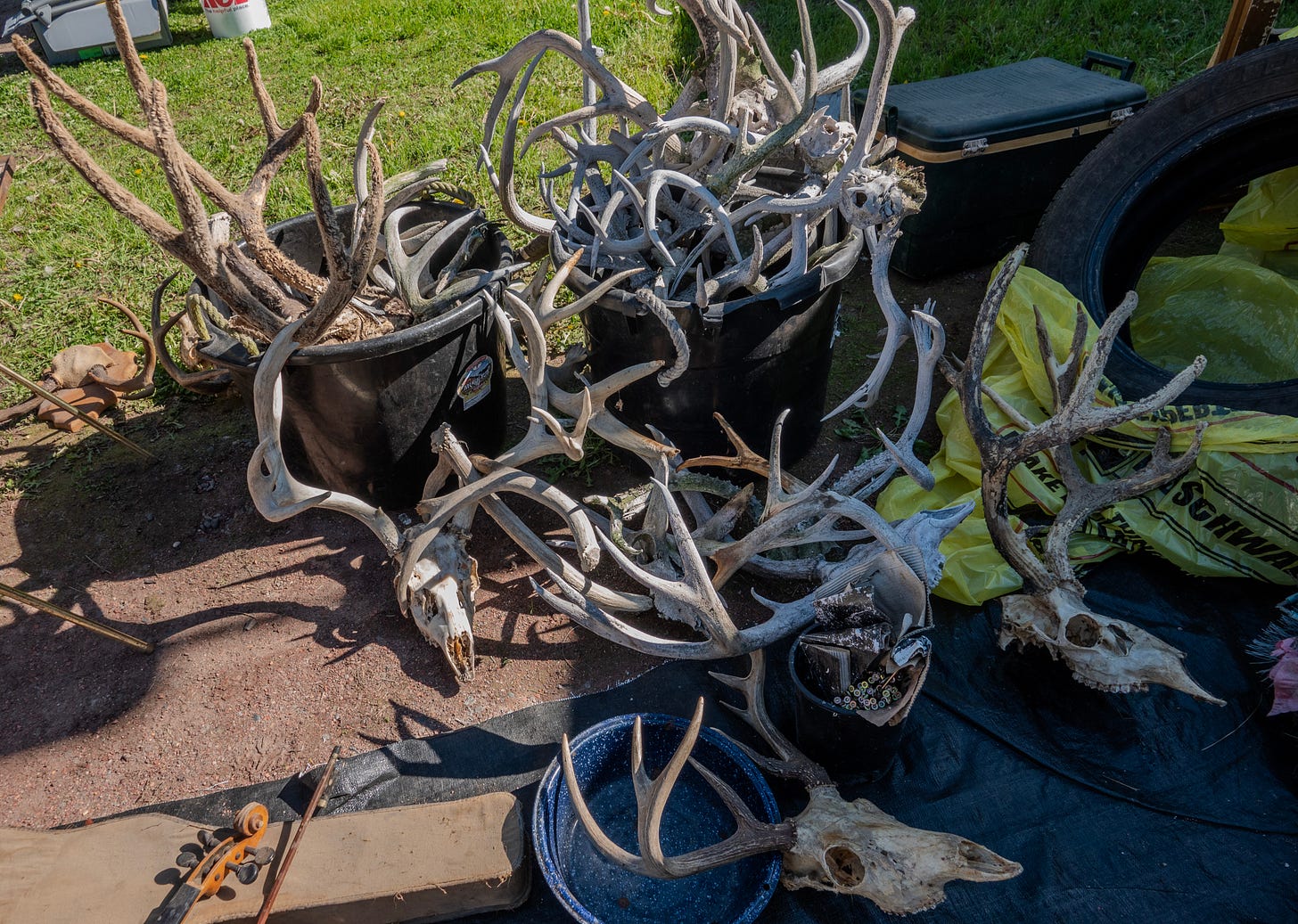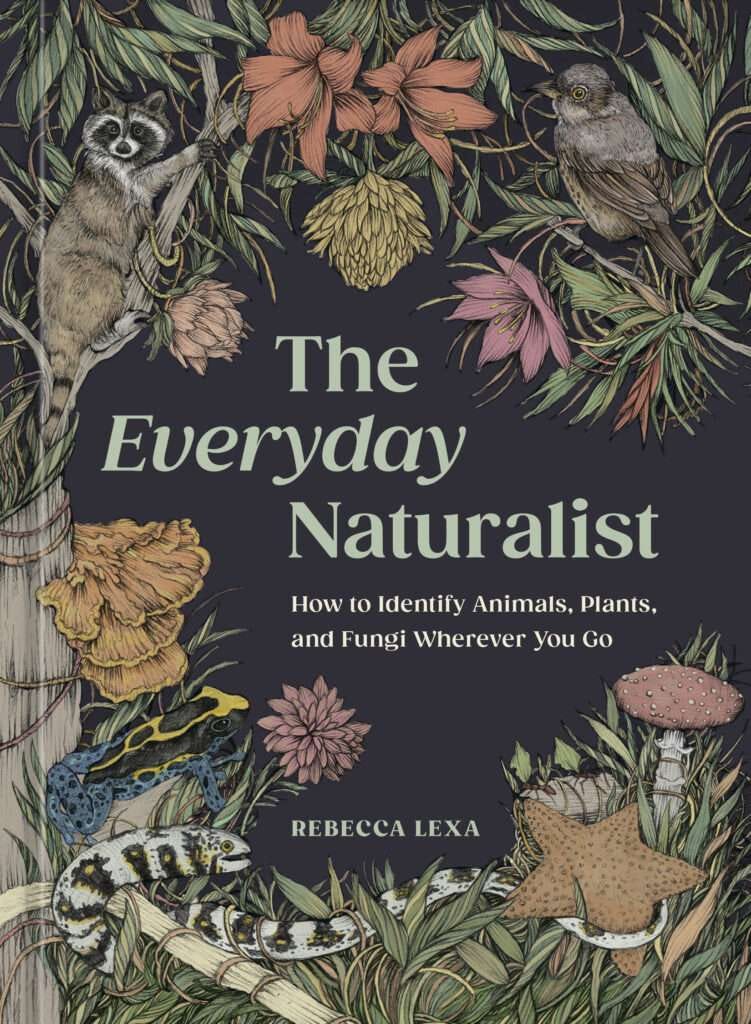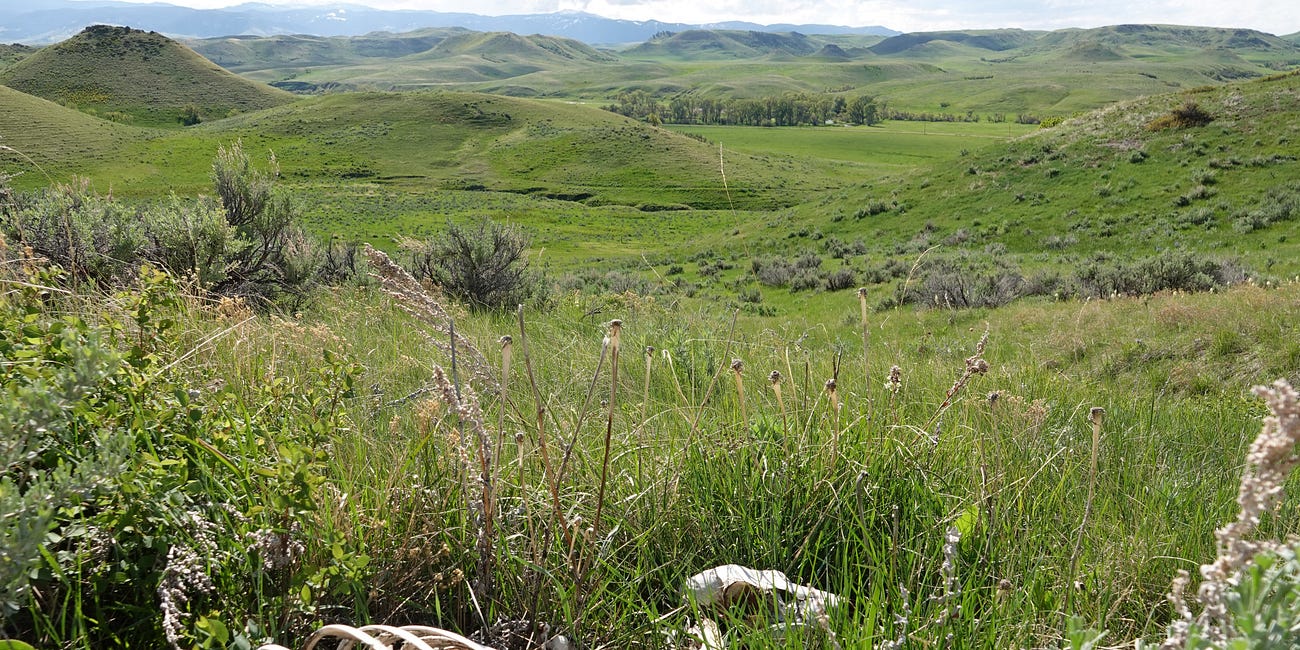📅June Meeting TODAY!📅
Authors Meeting
Wednesday, June 25 · 5 PM PST, 6 PM MST, 7 PM CST, 8 PM EST
Video call link: https://meet.google.com/dfh-yqah-ggu
🏆Member Success🏆
🏆Rebecca Lexa’s book The Everyday Naturalist is out! I’m glad I put her in touch with my agent, and it looks like she’s published a fantastic book!
🧠Do some research before doing a residency
I’m so grateful to have done a residency recently! I got to stay at a beautiful place for free with another writer and four other artists Jentel Residency, with almost no deliverable (just a little 10-minute talk.)
You can see my talk here:
I visited people at two other close-by residencies, Tongue River and UCross. Someone at UCross recently posted this field guide:
There are too many resources about residencies to list. So, Google your questions; there are many guides. Here is my recent post on residencies for you to look at, including several lists of residencies:
🧠THOUGHTS: How Great Writers Can Make Terrible Writing
TLDR: Writing skills aren’t enough. In some cases—most, in nonfiction non-memoir—you have to know and/or do serious reporting on your subject.
I’ve mused before about how certain curious people with rigorous reporting and writing skills, like Mary Roach, can write lots of good books on wide-ranging science subjects. Her creativity and research skills—and perhaps the help of science advisors to review—make her books deservedly famous and great representations of topics, despite the fact that the author does not have a singular lifelong obsession with the topics of her books.
But sometimes writing, no matter how beautiful or clever or funny or fun, is bad. Too bad to be published.
Nonfiction writing without good reporting is, at best, an interesting personal reflection, and at worst, bullshitting. Maybe even libeling.
So, while I mostly talk about writing I like, assuming that I just don’t get the writing I don’t like, I’ll take a moment to actually talk shit about a writer whose writing was published in a book and was BAD. I don’t remember his name anyway.
Book-Level Writing is High-Level Writing
First: I acknowledge that not every piece of writing has to be great. Book-level is, I’d say, the highest level. I mean, my book is on its 7th draft, as it has gone through a formal fact-check, several science-checks with professional scientists, and a developmental edit, and now it’s in another form of review. (Peer review, they call it. It’s a little different than what happens with science papers.)
Not all writing is like that. Chit-chatting with a friend isn’t as serious. This newsletter isn’t as serious. (But hey, if half of you get paid subscriptions, I’ll make this my full-time job and hire some editors and professionals to answer your questions:)
Some Stuff Should Not be Published
Take this book I found in the book room at Jentel. It was called something like Talking about Animals (but not that.) I read in the intro that the author and his friends just wanted to publish some essays about animals. OK…I don’t know why I should listen to these people. They didn’t seem to have any particularly important perspective about animals, like having worked with them, nor did they seem to have particular research skills or the time and gall to interview anyone. They were just some essay writers who happened to be friends with the author. But I’ll give it a try.
I read one essay that seemed kind of boring and pointless, about things overheard at zoos. It felt like a class assignment, designed to help students practice observing people in public. I got no value from it.
One essay was about hunting. It went kind of like this (the below is paraphrased):
Author: "I’m against hunting because it’s cruel.”
Me: Alright, whatever, I’ve heard that before, that’s fine by me, you have a right to think that. Maybe I’m just not wowed because I read a lot about animals already, so I know this perspective. Perhaps this is intended for someone else. Maybe the author will elaborate.
Author: “Yes, I eat meat, but that’s ok because I don’t enjoy killing the animals.”
Me: That’s not very insightful, and you haven’t even tried to convince me that killing an animal and enjoying it is any worse than killing an animal and not enjoying it. Maybe you’ll expand on your perspective?Author: “Hunters usually just throw the whole animal away! They kill it for fun, then waste the meat! Trophy hunters don’t deign to eat the animals they kill!”
Me: Wow, that is completely false! Have you ever heard of wanton waste laws? “For meat” is a primary reason people hunt, and in many circumstances, it’s not even legal for them to waste or throw away the commonly-eaten parts.
There are decent arguments to be made about eating hunted animals. You could argue that the wanton-waste laws should be expanded to more species, or, maybe you’ve actually witnessed irresponsible lack of enforcement? But you don’t even know those issues, do you?
My verdict: This essay is acceptable for a writing assignment, personal journal entry, or car-ride rant to a friend. The spelling and grammar were correct. The author had a clear opinion and explained it. The essay was easy to read, and it stayed on topic.
However, the author is not an authority on hunting, he does not have a unique perspective, and he doesn’t even seem to know the basics of it. Is he just virtue-signaling? This is just some tired old ramblings based on ignorance and false assumptions with no nuance.
No one benefits from reading this. It only serves to misinform, or maybe to push people towards hunting if they feel like the best anti-hunting argument the author could come up with was BS. Perhaps the only goal was to serve the author's ego. In my opinion, this essay should not have been publicly published.

Read this essay on hunting ethics instead!
There is a lot of good writing from both pro and con perspectives on hunting. If you write about animals a lot, it’s definitely worth familiarizing yourself with more valid takes on hunting values and on vegan values.
I really liked the nuanced take linked below, written by a hunter, and with interviews with hunters. It’s not against hunting, but it points out real issues in the hunting community, where some have lost a sense of ethics entirely, shunning any human consideration of animal welfare, even within the shared belief by everyone in the article that hunting is generally good:
A Death Of Ethics: Is Hunting Destroying Itself?
By Todd Wilkinson.
From killing baboon families to staging predator-killing contests, hunters stand accused of violating the North American Model of Wildlife Conservation. Now they’re being called out by their own.






